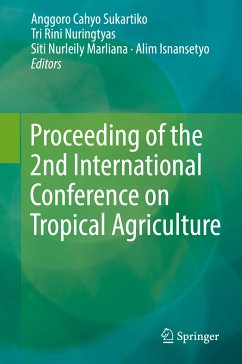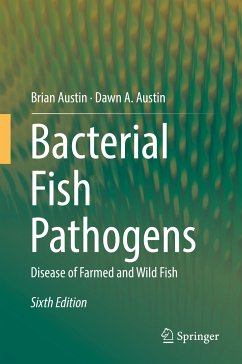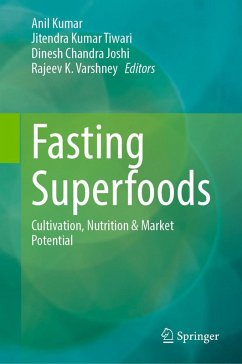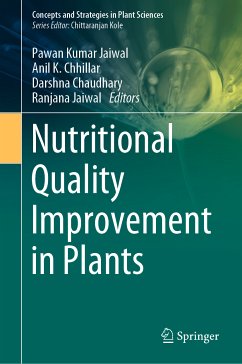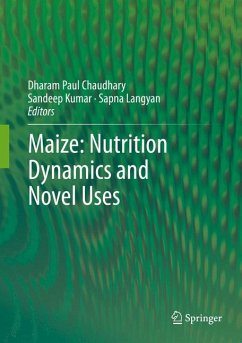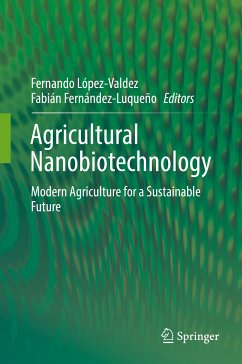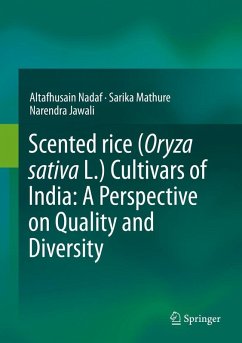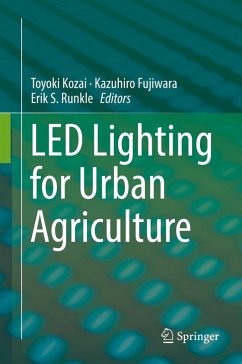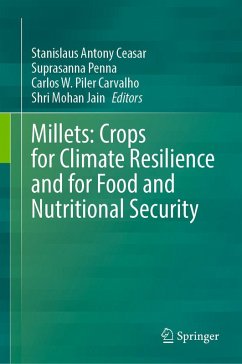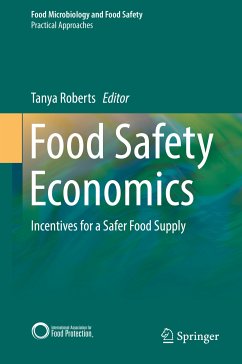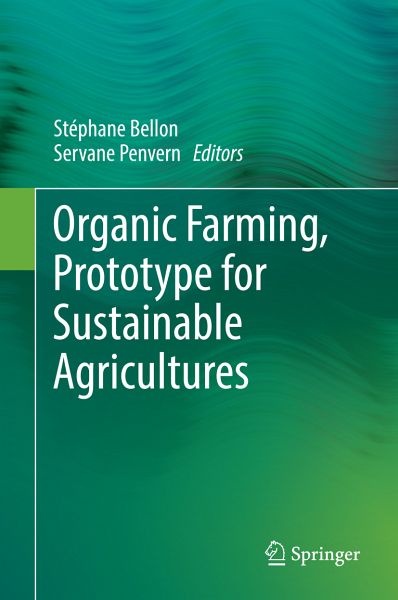
Organic Farming, Prototype for Sustainable Agricultures (eBook, PDF)

PAYBACK Punkte
88 °P sammeln!
Stakeholders show a growing interest for organic food and farming (OF&F), which becomes a societal component. Rather than questioning whether OF&F outperforms conventional agriculture or not, the main question addressed in this book is how, and in what conditions, OF&F may be considered as a prototype towards sustainable agricultures. The book gathers 25 papers introduced in a first chapter. The first section investigates OF&F production processes and its capacity to benefit from the systems functioning to achieve higher self-sufficiency. The second one proposes an overview of organic performa...
Stakeholders show a growing interest for organic food and farming (OF&F), which becomes a societal component. Rather than questioning whether OF&F outperforms conventional agriculture or not, the main question addressed in this book is how, and in what conditions, OF&F may be considered as a prototype towards sustainable agricultures. The book gathers 25 papers introduced in a first chapter. The first section investigates OF&F production processes and its capacity to benefit from the systems functioning to achieve higher self-sufficiency. The second one proposes an overview of organic performances providing commodities and public goods. The third one focuses on organics development pathways within agri-food systems and territories. As well as a strong theoretical component, this book provides an overview of the new challenges for research and development. It questions the benefits as well as knowledge gaps with a particular emphasis on bottlenecks and lock-in effects at various levels.
Dieser Download kann aus rechtlichen Gründen nur mit Rechnungsadresse in A, B, BG, CY, CZ, D, DK, EW, E, FIN, F, GR, HR, H, IRL, I, LT, L, LR, M, NL, PL, P, R, S, SLO, SK ausgeliefert werden.




